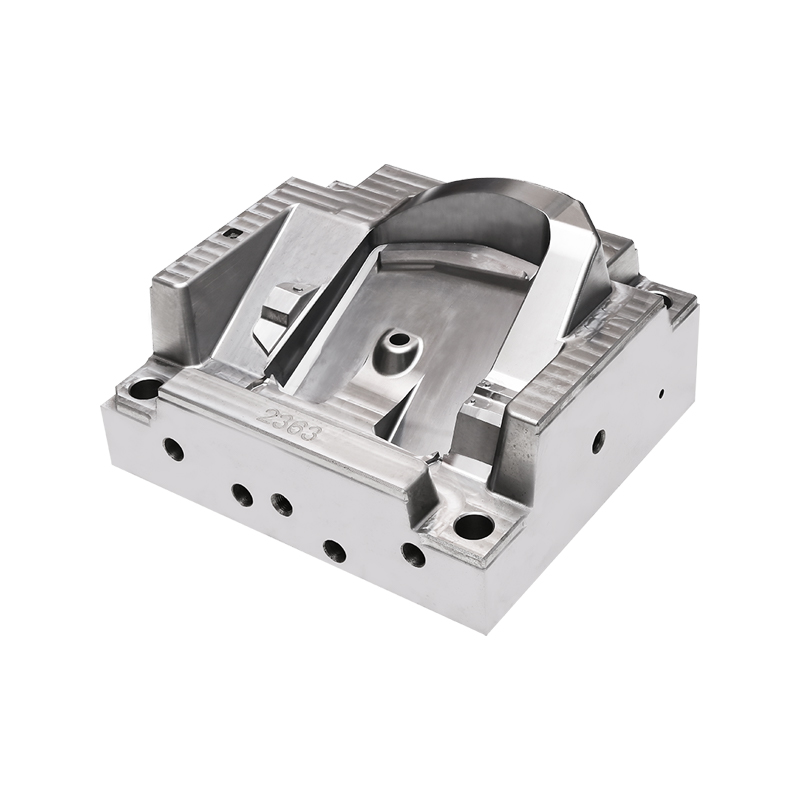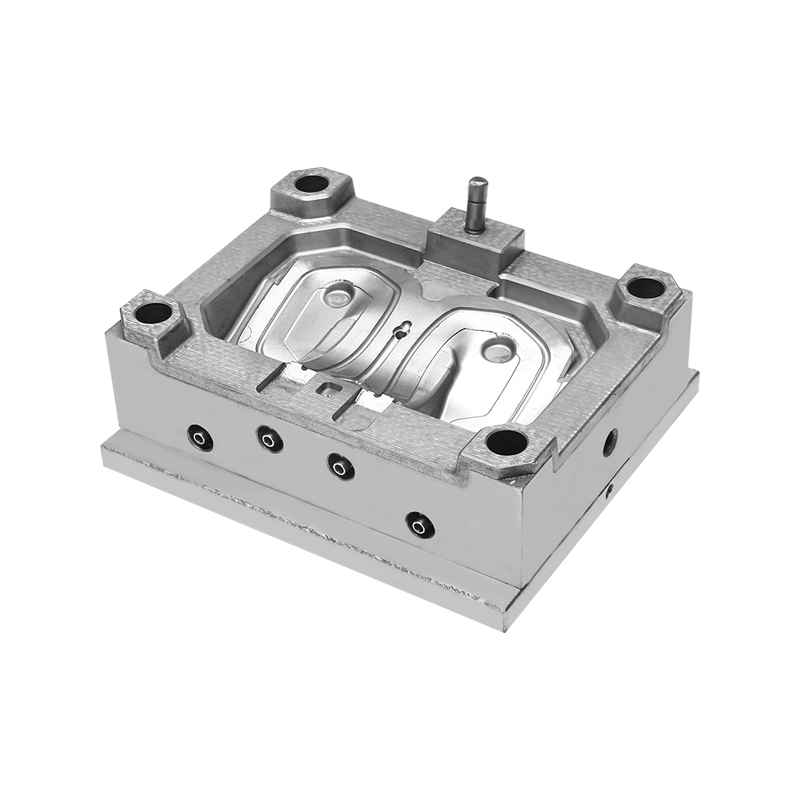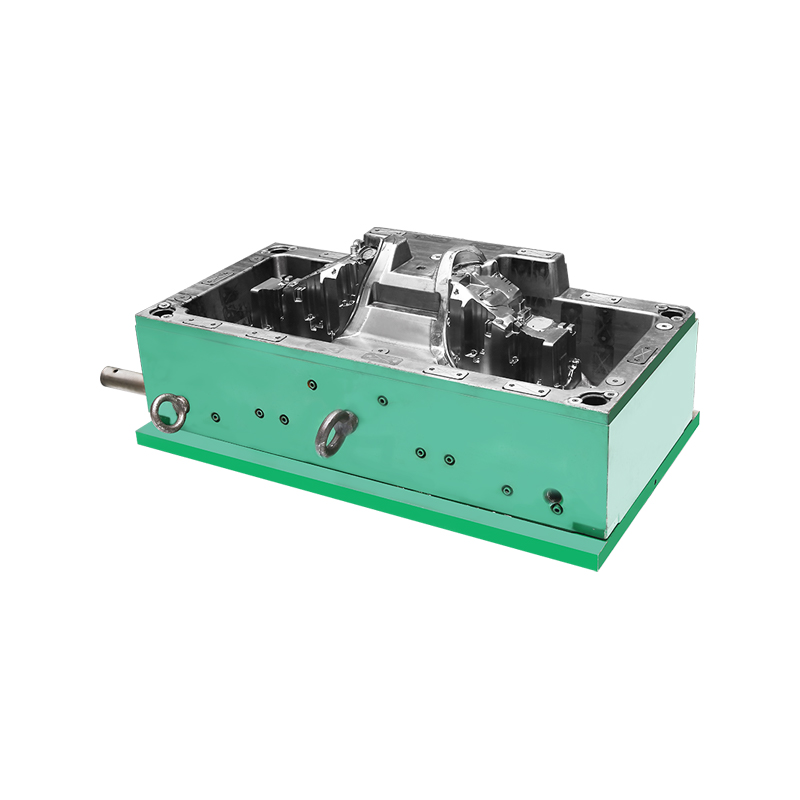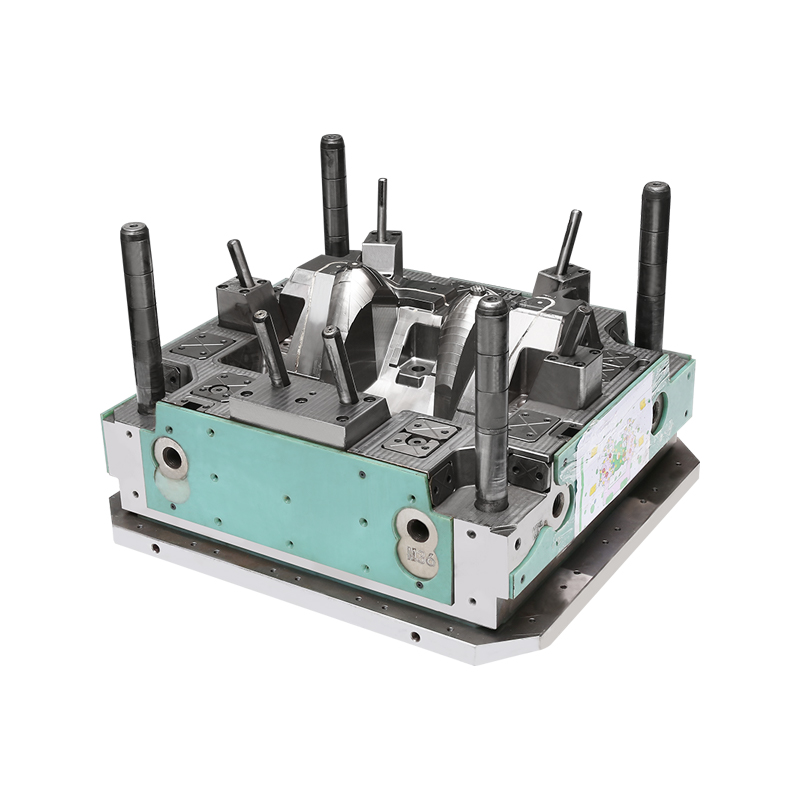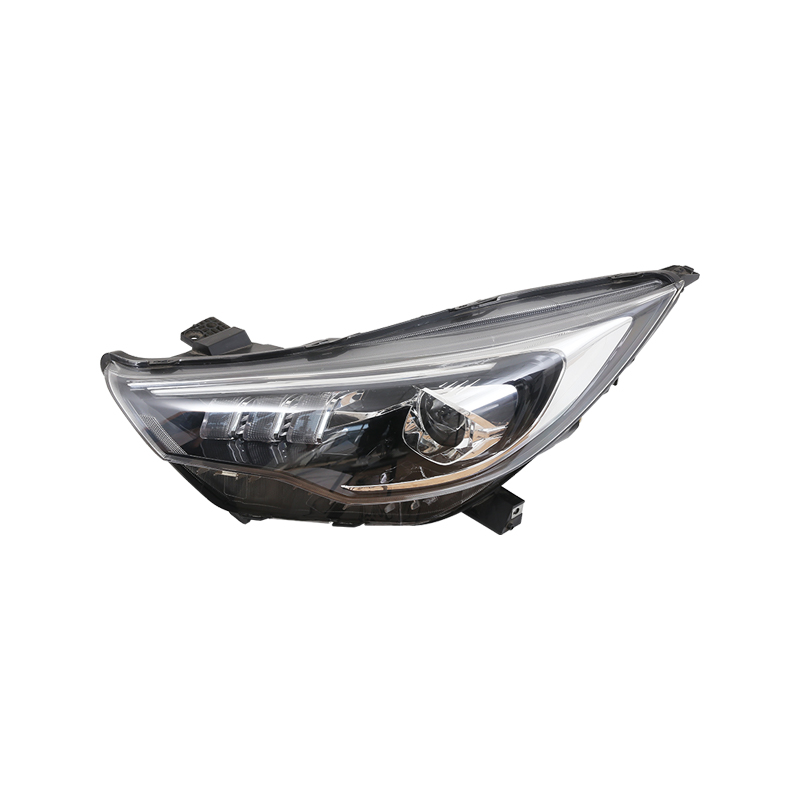Custom auto car body moulds Manufacturer
The automotive industry continually evolves, driven by innovation and the need for efficiency. One significant advancement that has gained traction in recent years is the modular design of car body moulds. This approach is revolutionizing how car body moulds are maintained, upgraded, and replaced, offering a streamlined process that reduces production costs and increases flexibility. This article explores how modular design in car body moulds facilitates easier maintenance, efficient upgrades, and cost-effective replacements while maintaining high production standards.
Modular design refers to the practice of creating complex products from smaller, interchangeable modules or components. In the context of car body moulds, modular design involves constructing moulds from separate, standardized parts that can be easily assembled, disassembled, and replaced. This contrasts with traditional car body moulds, which are typically monolithic and require more effort and resources for any modifications or repairs.
The modular approach to car body moulds is gaining popularity due to its numerous benefits, particularly in improving operational efficiency and reducing overall production costs. By breaking down the mould into interchangeable modules, manufacturers can quickly adapt to changes, minimize downtime, and respond to market demands with greater agility.
One of the primary advantages of modular design in car body moulds is the ease of maintenance it offers. In traditional car body moulds, any damage or wear requires extensive work to repair or replace the affected part, often bring about significant downtime. This can be particularly costly in high-volume production environments where even a short delay can result in substantial financial losses.
With modular car body moulds, maintenance becomes more straightforward and less time-consuming. If a specific module of the mould experiences wear or damage, it can be easily removed and replaced without affecting the entire mould. This targeted approach to maintenance not only reduces downtime but also extends the overall lifespan of the car body moulds, ensuring consistent production quality.
Furthermore, modular car body moulds allow for routine maintenance to be conducted more efficiently. Regular inspections can be focused on specific modules rather than the entire mould, enabling quicker identification of potential issues and faster resolution. This proactive maintenance strategy helps prevent larger, more costly problems from arising, ultimately contributing to reduced production costs.
The automotive industry is characterized by rapid technological advancements and shifting consumer preferences. As a result, manufacturers must be able to adapt their production processes quickly to incorporate new designs and features. Modular car body moulds provide a solution to this challenge by making upgrades more feasible and cost-effective.
In a traditional car body mould, incorporating a new design element often requires significant modifications to the entire mould, a process that can be both time-consuming and expensive. However, with modular car body moulds, manufacturers can simply replace or modify specific modules to accommodate the new design. This flexibility allows for quicker adaptation to new trends and technologies, helping manufacturers stay competitive in the fast-paced automotive market.
Moreover, modular car body moulds support incremental upgrades. Instead of waiting for a complete overhaul of the mould, manufacturers can implement changes in stages, updating individual modules as needed. This approach not only saves time and resources but also enables a smoother transition to new production processes, minimizing disruption to ongoing operations.
Cost-Effective Replacement with Modular Car Body Moulds
One of the significant benefits of modular design in car body moulds is the reduction in replacement costs. Traditional car body moulds, when damaged beyond repair or rendered obsolete by new designs, often need to be replaced entirely, which can be a costly endeavor. The modular design, however, mitigates this expense by allowing for the replacement of only the affected modules.
This modular approach means that manufacturers do not have to invest in an entirely new mould when changes are required. Instead, they can selectively replace outdated or worn-out modules, significantly reducing the capital expenditure associated with mould replacement. Over time, this cost-saving measure can have a substantial impact on the overall profitability of a manufacturing operation.
Additionally, the ability to replace individual modules rather than entire moulds contributes to a more sustainable production process. By reducing the need for full mould replacements, manufacturers can lower their material consumption and minimize waste, aligning with industry trends toward more environmentally responsible practices.
Modular car body moulds offer manufacturers greater flexibility in their production processes. The ability to quickly swap out modules enables manufacturers to switch between different car models or design variations with minimal downtime. This adaptability is particularly valuable in an industry where model lifecycles are becoming shorter and customization is increasingly demanded by consumers.
For example, if a manufacturer needs to produce a limited edition or custom variant of a car model, modular car body moulds can be reconfigured with the necessary modules to accommodate the new design. Once the production run is complete, the mould can be returned to its original configuration or updated for the next model. This flexibility not only enhances production efficiency but also allows manufacturers to respond more effectively to market demands.
The modular design of car body moulds represents a significant advancement in the automotive manufacturing industry. By offering easier maintenance, facilitating upgrades, and reducing replacement costs, modular car body moulds are poised to become the standard in efficient and cost-effective production. As the industry continues to evolve, manufacturers that embrace modular design in their car body moulds will be better equipped to meet the challenges of the future, maintaining their competitiveness in a rapidly changing market.

 English
English 中文简体
中文简体 русский
русский Español
Español
